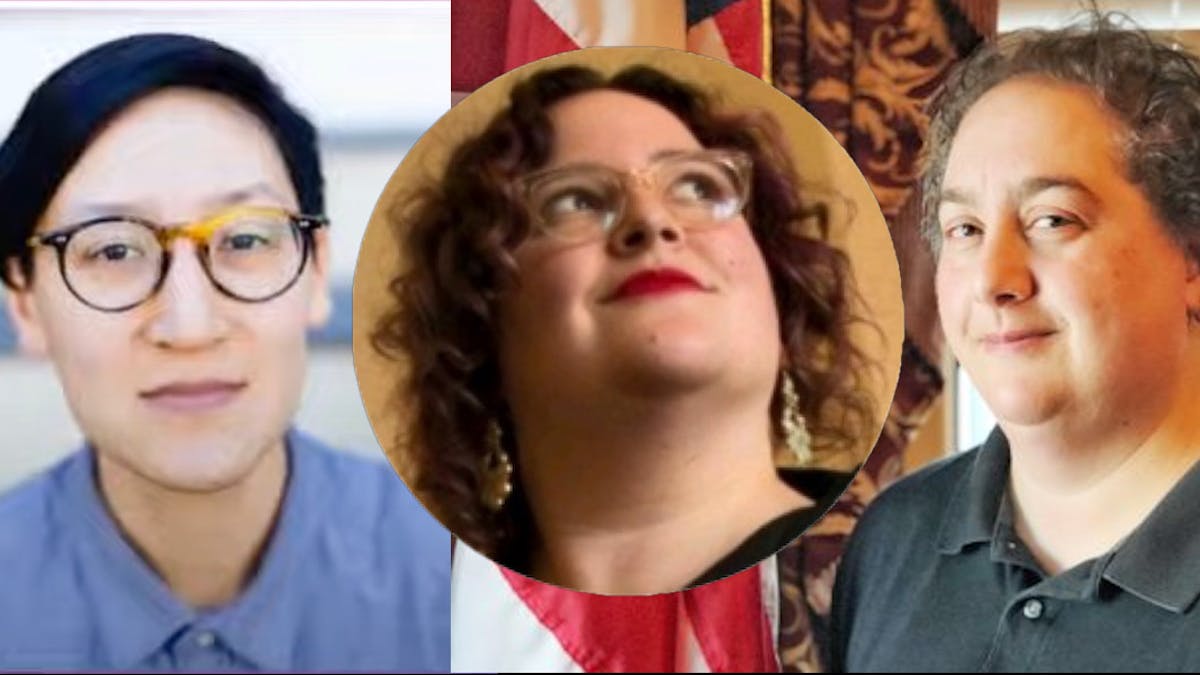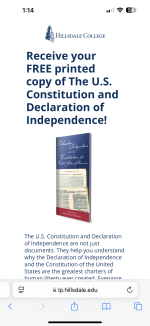As the title says, "What gives the President power to create new government organizations?"
Not knowing a did a Google search and this is what it showed:
"
AI Overview
Learn more
While the President does have some authority to reorganize the executive branch, the primary power to create new government organizations lies with Congress, meaning they must pass legislation to establish new agencies; the President cannot unilaterally create a new government organization without Congressional approval, which is typically done through acts of Congress, not solely through executive power vested in the President by Article II of the Constitution.
Key points to remember:
Not knowing a did a Google search and this is what it showed:
"
AI Overview
Learn more
While the President does have some authority to reorganize the executive branch, the primary power to create new government organizations lies with Congress, meaning they must pass legislation to establish new agencies; the President cannot unilaterally create a new government organization without Congressional approval, which is typically done through acts of Congress, not solely through executive power vested in the President by Article II of the Constitution.
Key points to remember:
- Limited Reorganization Power:
The President does have some limited authority to reorganize existing executive branch agencies through "reorganization plans," but these plans usually require Congressional approval or oversight.
- Executive Vesting Clause:
Article II of the Constitution grants the President broad executive power, but this power is generally interpreted as the ability to manage and direct existing agencies, not to create new ones without Congressional involvement.
- Congressional Authority:
The power to create new government agencies and departments primarily rests with Congress, as they enact laws establishing these entities. "
If this is true how does he get away with creating the "Department of Government Efficiency"?



